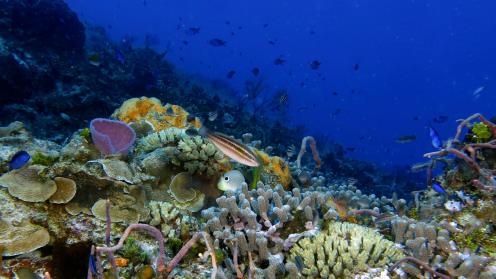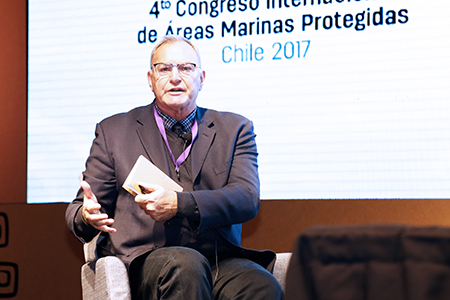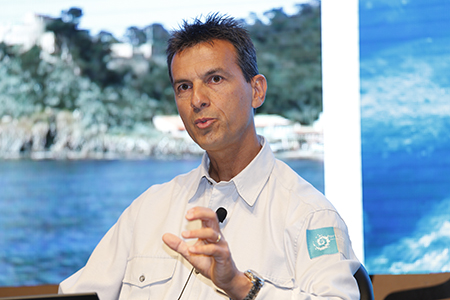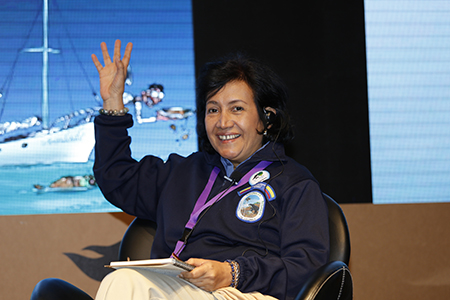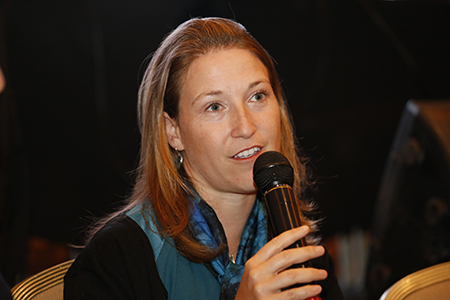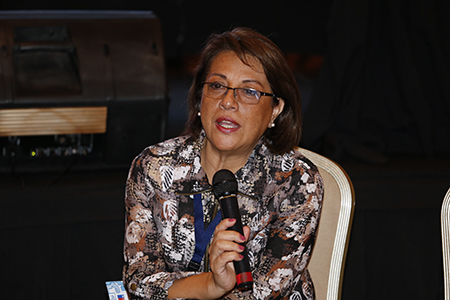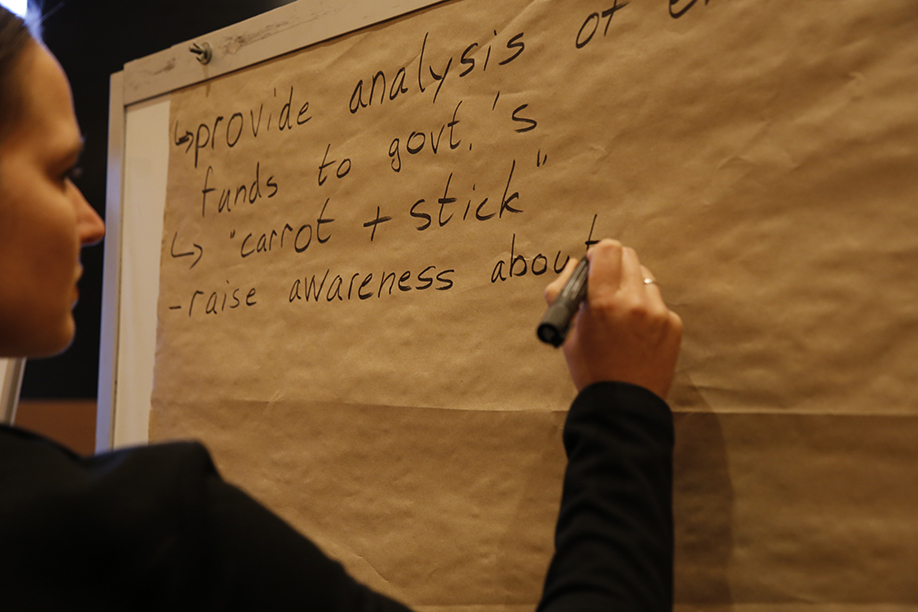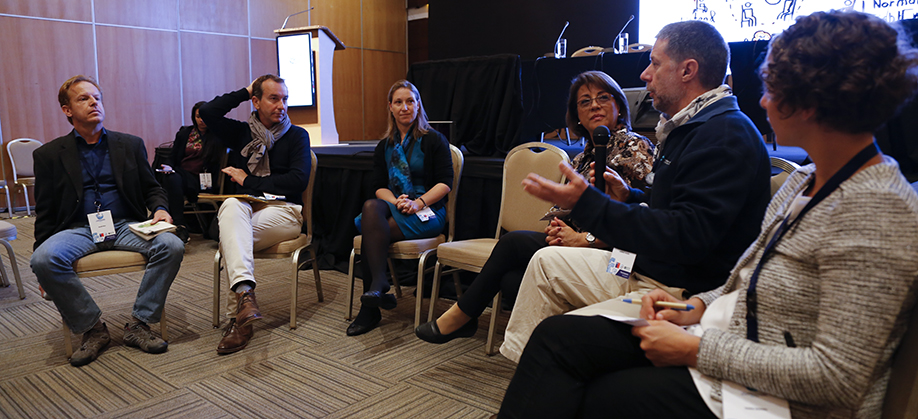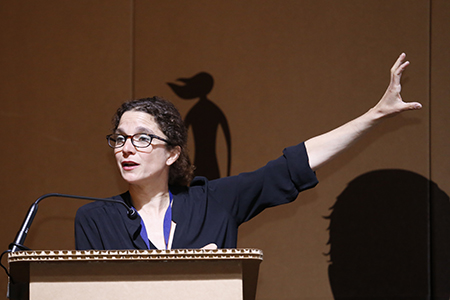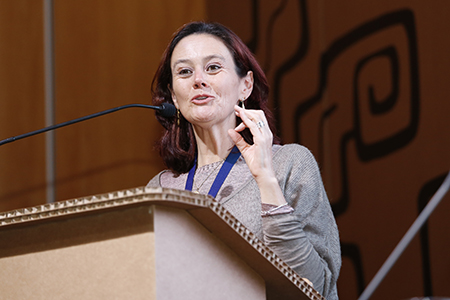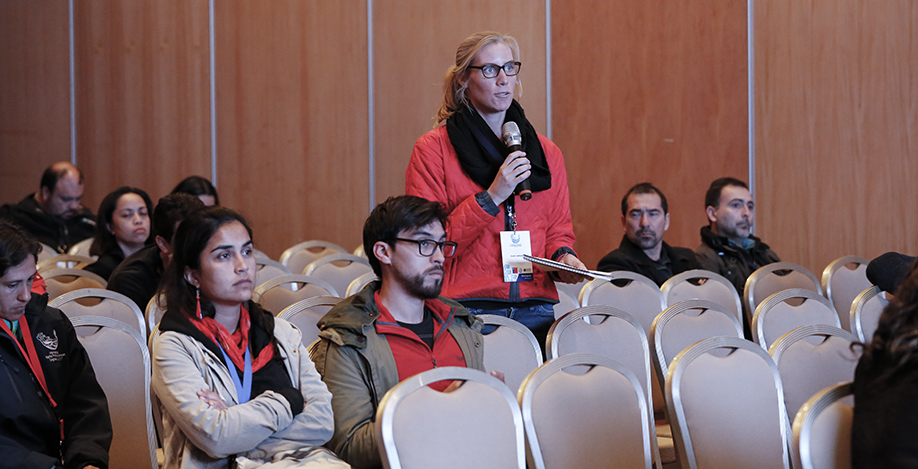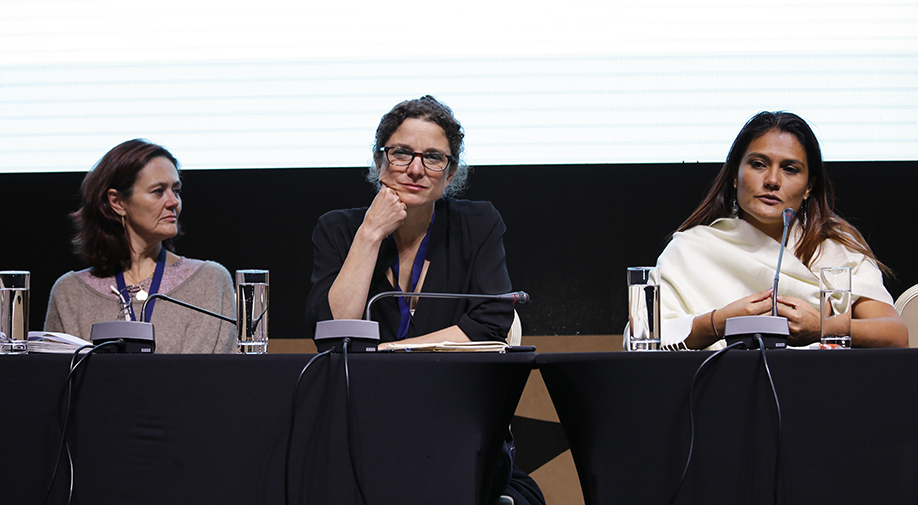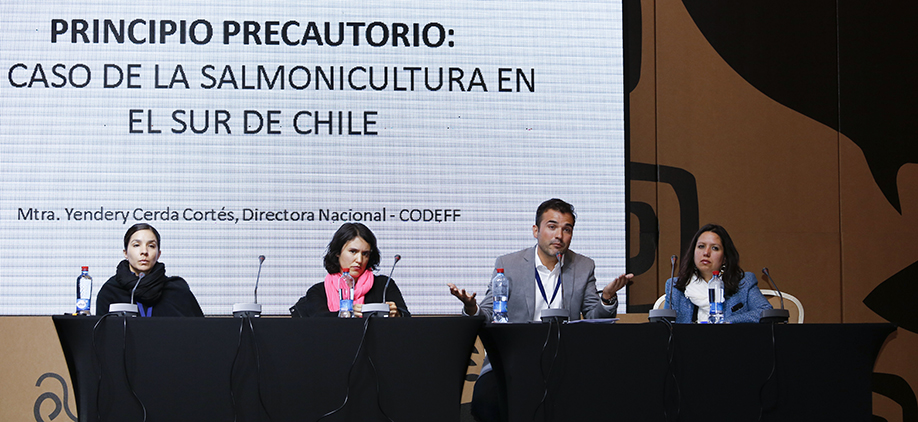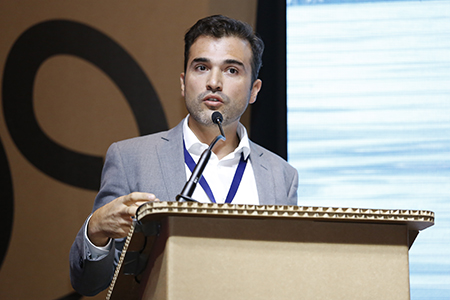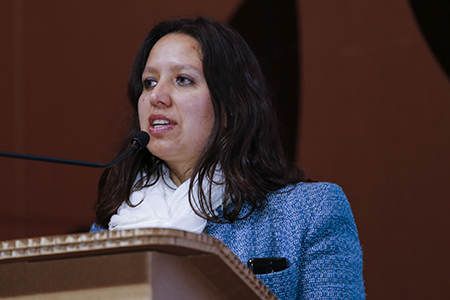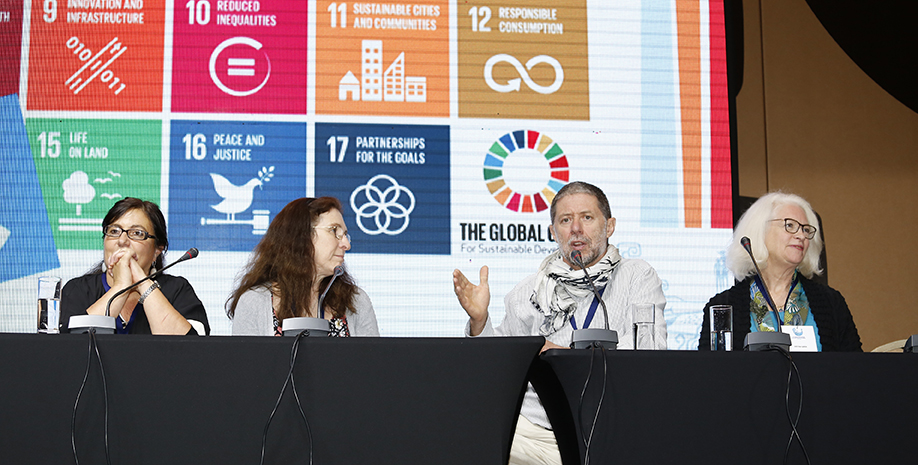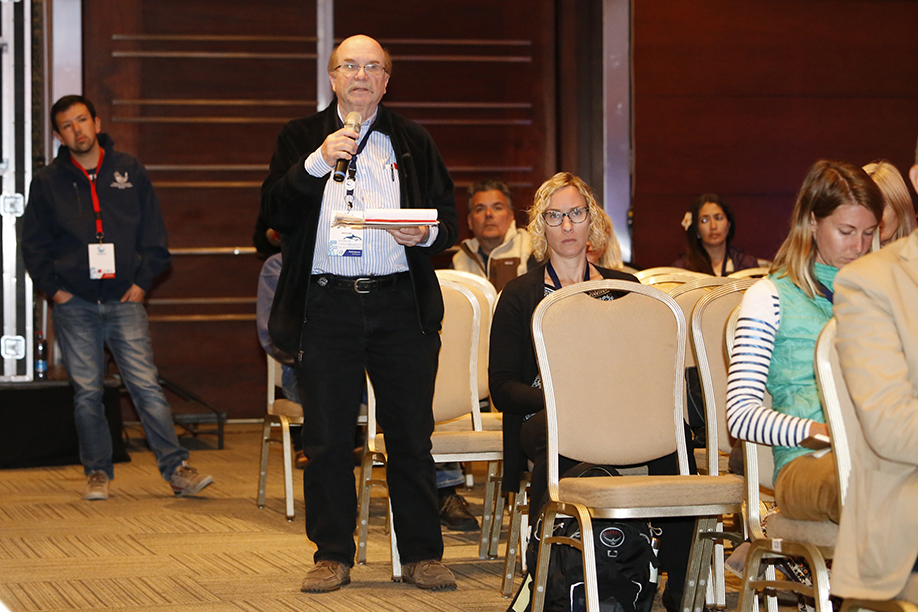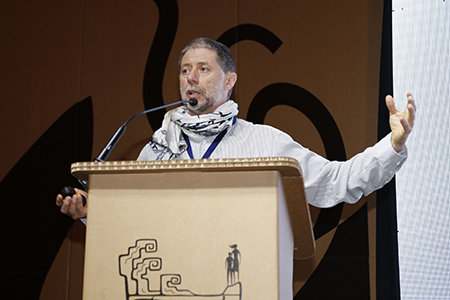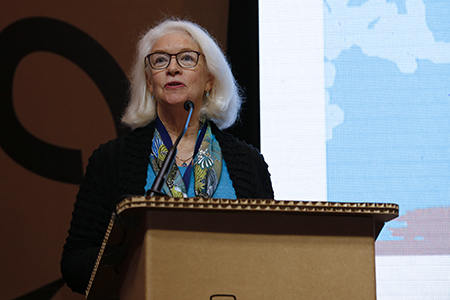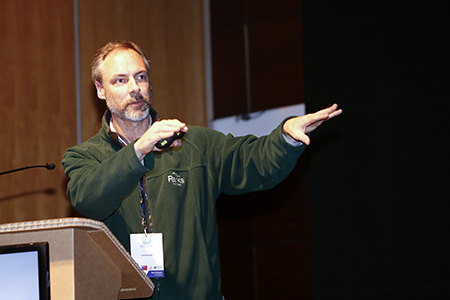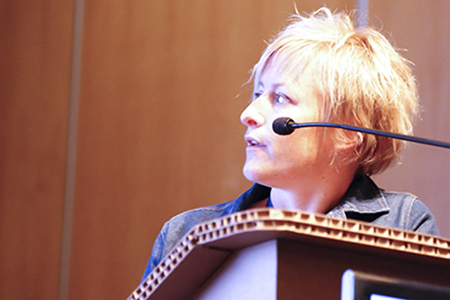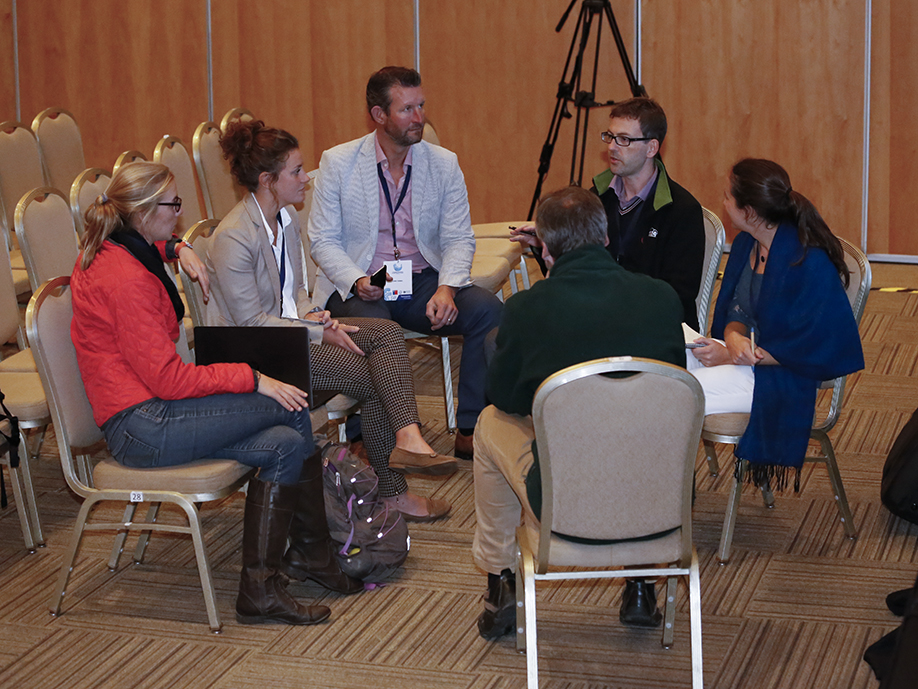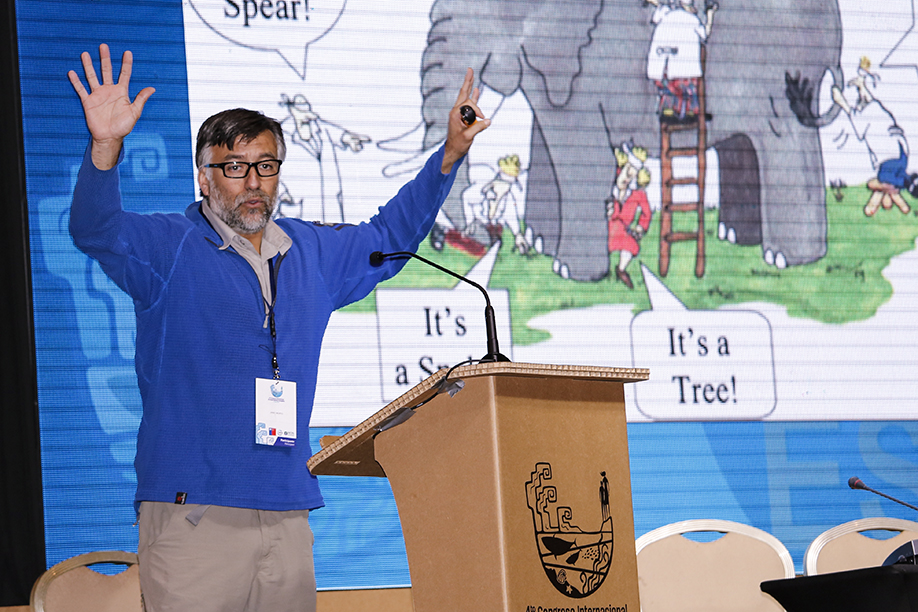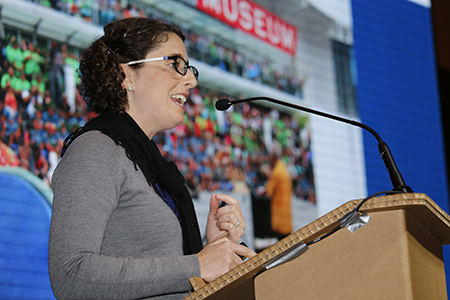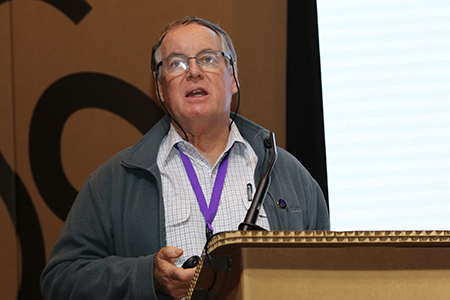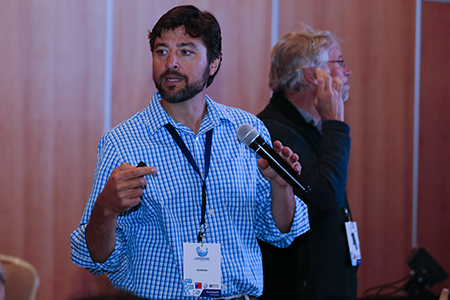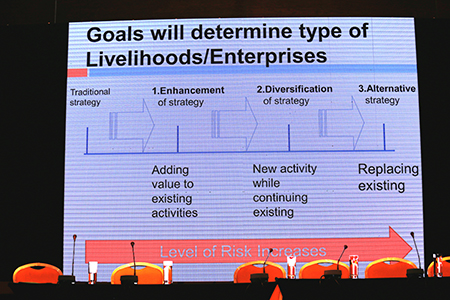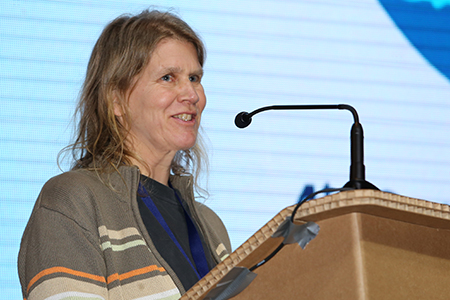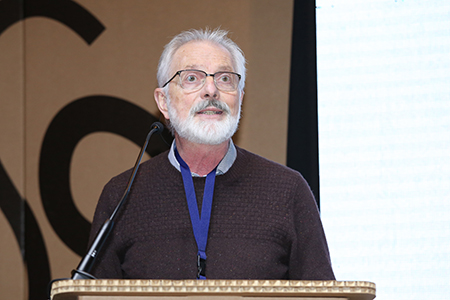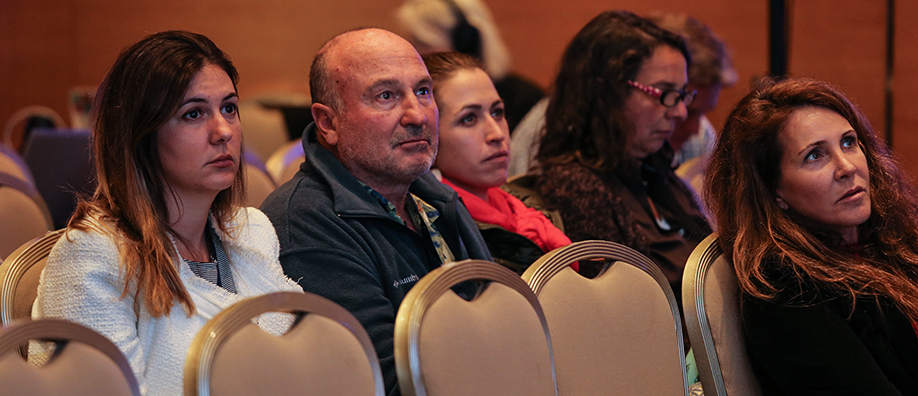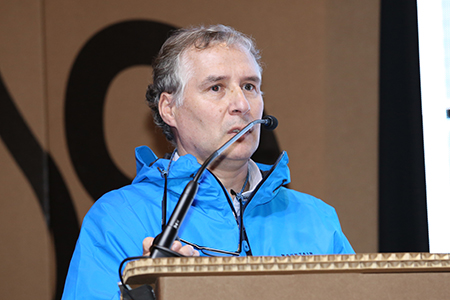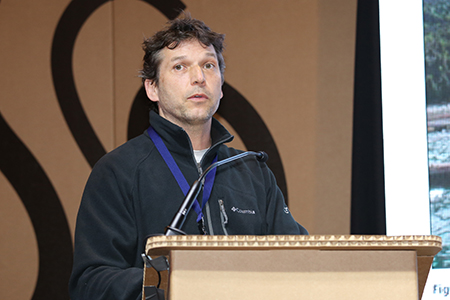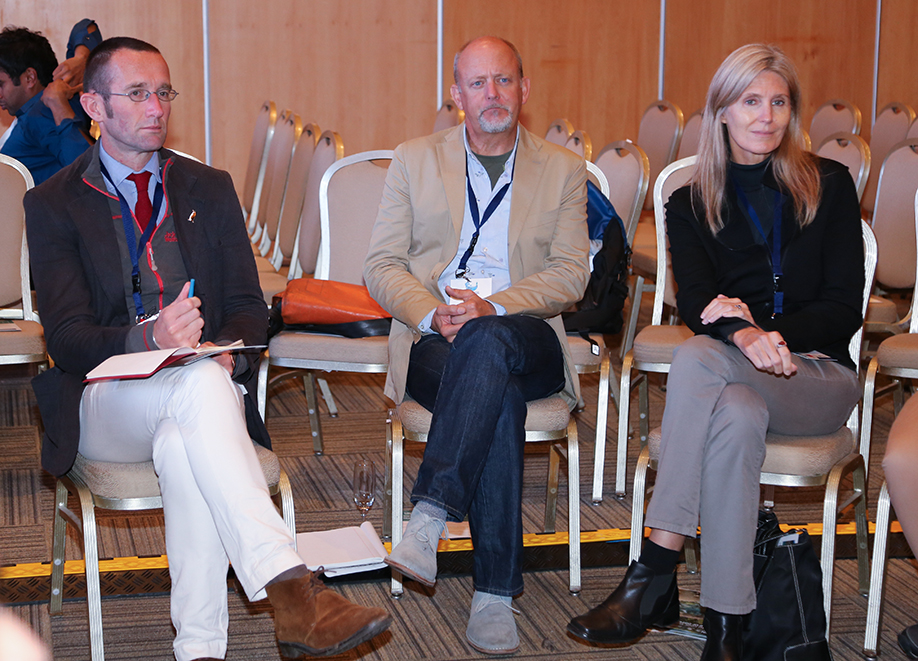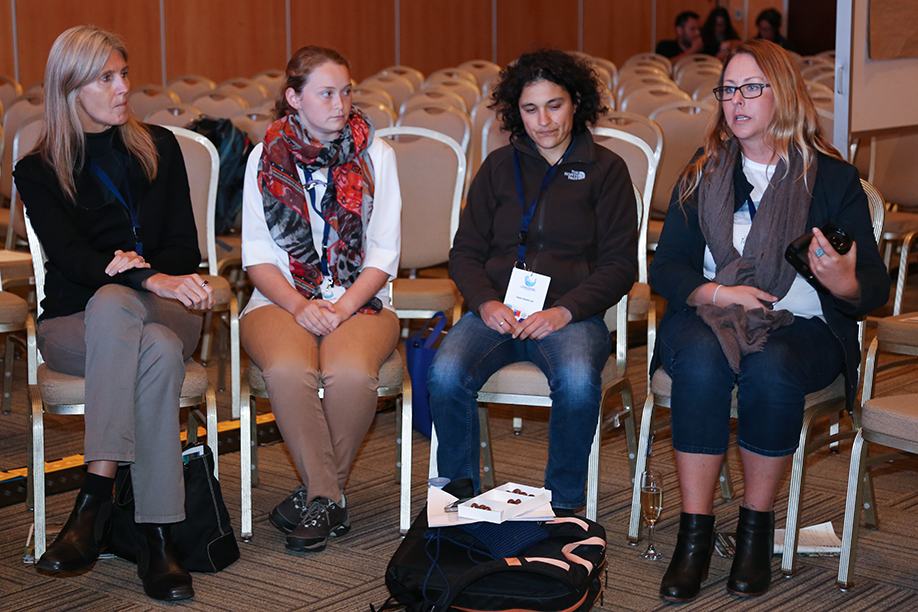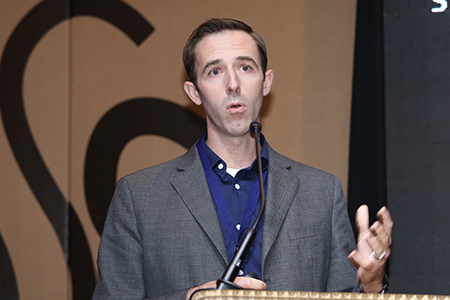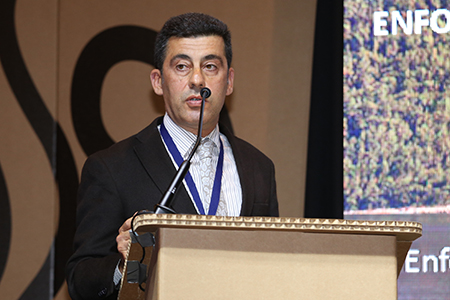Summary
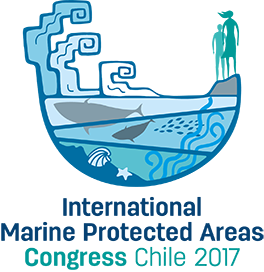
The third day of the fourth International Marine Protected Areas Congress (IMPAC4) met in La Serena, Chile, on Thursday, 7 September 2017. The day saw many events taking place, addressing the theme, ‘Effective/Successful Management.’ A plenary session took place in the morning, followed by a number of symposia and workshops throughout the day.
The morning’s plenary session saw a panel discussion on the day’s theme, with panel members discussing key issues around successful management of marine protected areas (MPAs), while also noting different management models. Key issues considered by the panel included: enforcement versus education for compliance with MPAs; addressing “intense public use” within MPAs; community engagement and bottom-up approaches to management; and, monitoring and evaluation. Panelists also highlighted the recent publication of the IUCN guidelines on MPA management, as well as management issues around large-scale MPAs.
Highlights from the symposia included discussions on: The role of MPAs in achieving ocean health and sustainable blue economies; building regional public-private alliances for sustainable financing of long-term conservation actions in the Eastern Tropical Pacific and the Caribbean Sea; the role of MPAs in achieving ocean health and sustainable blue economies; and, promoting innovative approaches to marine conservation and encouraging sustainable patterns of development by deploying a wide scope of actions.
Workshops addressed: harnessing citizen behaviour change to support marine conservation; MPAs and promoting small-scale enterprises that support on complementary marine conservation strategies; monitoring, evaluation and reporting for MPA management; and, solutions for MPA financing. Other topics included ocean noise, ecologically or biologically significant marine areas (EBSAs), and sustainable financing.
Photos by IISD/ENB | Ángeles Estrada Vigil
Opening plenary session
John Tanzer, WWF
Alain Barcelo, Port-Cros National Park, France
Aulani Wilhelm, Conservation International
Luz Angarita, National Parks, Colombia
Solutions for MPA financing – success stories and their potential for broader application
Laure Katz, Conservation International
Patricia Ruiz, GIZ
Participants during a "fishbowl" discussion
Building regional public-private alliances for sustainable financing of long-term conservation actions in the Eastern Tropical Pacific and the Caribbean Sea
Sonia Castañeda Rial, Fundación Biodiversidad, Spain
María José González, Mesoamerican Reef (MAR) Fund
Participant during the discussion
(L-R): María José González, MAR Fund, Sonia Castañeda Rial, Fundación Biodiversidad, Spain, and Pamela Castillo, Asociación Costa Rica por Siempre
Using international law and media to improve management and protection of MPAs and ecosystems in the Americas
(L-R): Gladys Martínez, Asociación Interamericana para Defensa del Medio Ambiente (AIDA), Florencia Ortúzar, AIDA, Camilo Thompson, AIDA, Yendery Cerda, Comité Pro Defensa de la Fauna y Flora (CODEFF)
Camilo Thompson, AIDA
Yendery Cerda, CODEFF
The role of MPAs in achieving ocean health and sustainable blue economies
L-R: Miriam Fernández, Pontificia Universidad Catolica, Jean Harris, Wild Oceans, Laurence McCook, James Cook University, and Kristina Gjerde, IUCN
Participant in the audience posing a question on non-monetary values
Laurence McCook, James Cook University
Kristina Gjerde, IUCN
Monitoring, evaluation and reporting for MPA management: innovative ideas to progress current approaches
Steffan Howe, Parks Victoria, Australia
Kate West, Fauna & Flora International
Participants in a breakout group discussion
Marine wilderness or peopled seas? Insights from research on the human dimensions of large-scale marine protected areas
Jaime Aburto, Universidad Católica del Norte
Rebecca Gruby, Colorado State University
Jon Day, ARC Centre of Excellence for Coral Reef Studies, Australia
MPAs and promoting small-scale enterprises that support on complementary marine conservation strategies
Glenn Ricci, University of Rhode Island
Presentation during the session
Marine biodiversity of Chilean Patagonia: discoveries, threats and conservation
Vreni Haussermann, Huinay Scientific Field Station
Claudio Campagna, Wildlife Conservation Society (WCS)
Participants during the session
Carlos Molinet, Universidad Austral de Chile
Günter Försterra, Huinay Scientific Field Station
Harnessing citizen behaviour change to support marine conservation
Participants taking part in breakout groups
A global SMART approach to improving effectiveness of marine protected areas
Drew Cronin, Spatial Monitoring and Reporting Tool (SMART) Partnership
Zafer Kizilkaya, Mediterranean Conservation Society
